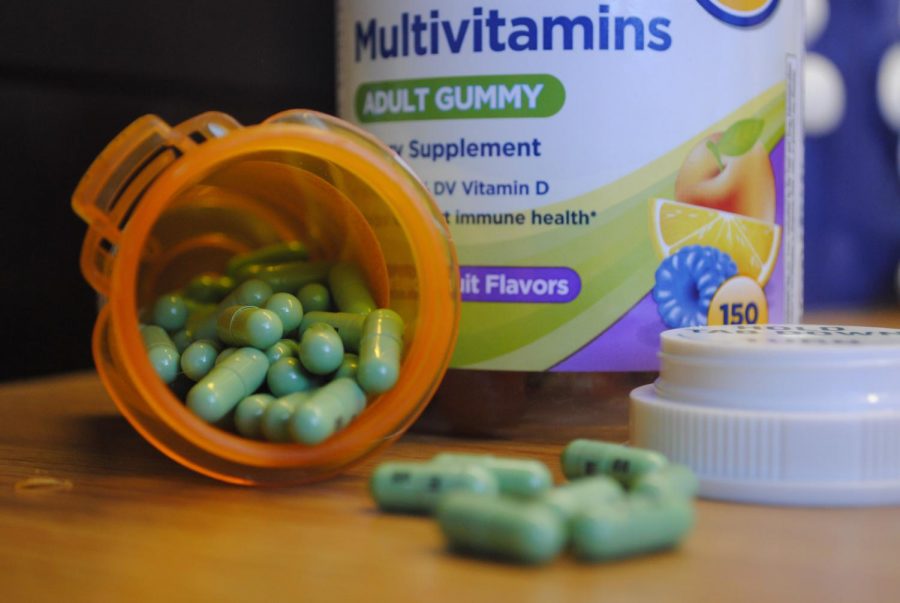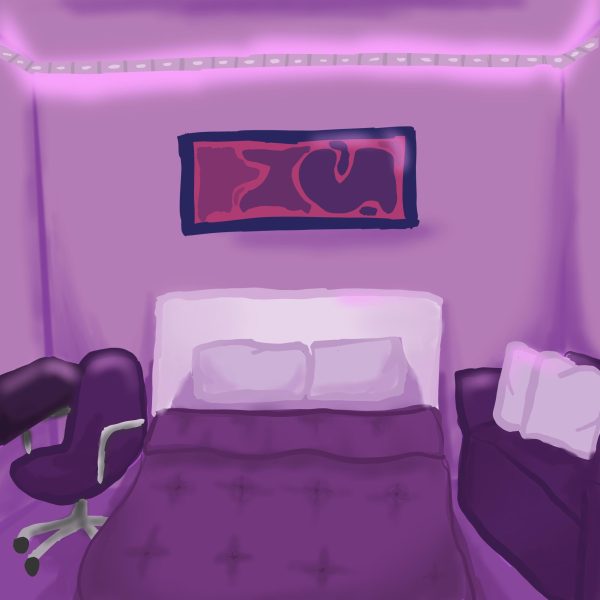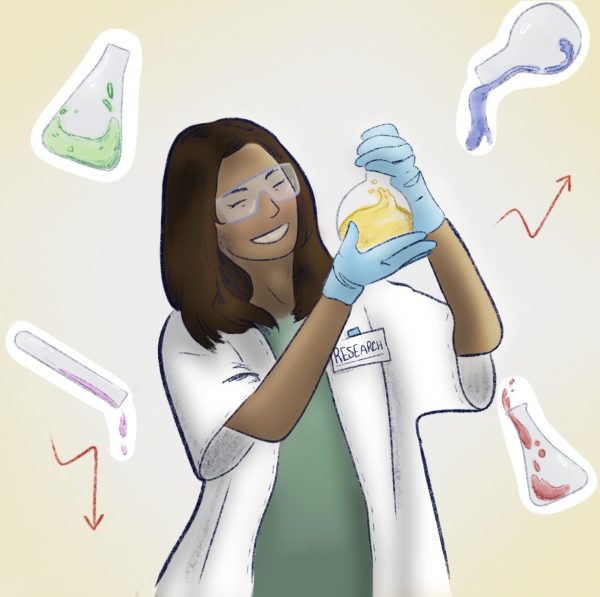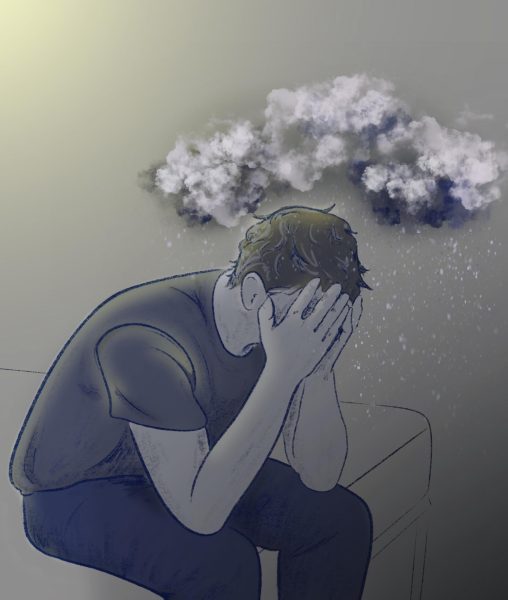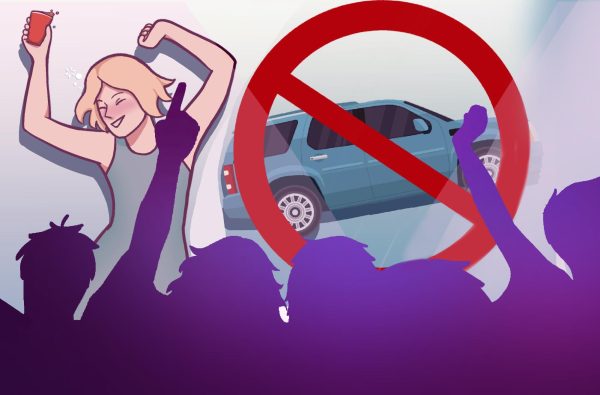Prevent Seasonal Affective Disorder
This writer grew up in tropical climate, found ways to avoid, combat cold weather sadness in Pullman
ALYSSA STANFIELD | EVERGREEN PHOTO ILLUSTRATION
Students may turn to antidepressants in response to deep winter gloom, but vitamin D could be the best treatment for your mood.
January 9, 2019
With frosty school days ahead, depression and anxiety are definitely the last things anyone wants to start the semester with.
Seasonal Affective Disorder or, as most recall it, the “winter blues” could impact you. If you know SAD, then this is for you.
“As [some people] get into the winter months, their moods seem to deepen even more so they actually meet the criteria almost of depression,” said Dr. Stephen Hall, president and physician at Palouse Medical Center. “With the shorter days, it seems to affect people.”
Having SAD does not mean something is wrong with you. Or maybe it does. It really depends on your perspective. 2-3 percent of the population, both men and women, are affected, said Hall. The tricky part is comprehending how the disorder develops.
Moving to Pullman from a usually tropical island, the concept of “winter” is brand-new to me — unless you consider Hallmark movie knowledge. SAD has been a beautiful tragedy I’ve had the pleasure of being introduced to.
I managed to get through SAD by finding ways to remain busy, either through random Netflix marathons or bothering my friends who have lives. Those strategies may not work with everyone suffering through SAD, but I encourage you to find what you love and you will overcome this. Hall would recommend that you get some sunshine.
Although there is no set understanding of why people get SAD during the winter season, Hall said that our bodies produce their own Vitamin D through exposure to UV sunlight. The amount of sunlight we are used to depends on the climate of wherever we grew up. We are not all biologically programmed the same, so Seasonal Affective Disorder may influence us in different ways.
To counteract less natural light, Hall suggested “happy lights” treatment. These artificial lamps bring the warmth and beauty of sunlight into your home. It is beneficial year-round so you would not just be spending money for the winter season.
Nicolas Argon, a sophomore philosophy major at WSU, suggested exercising more.
“We know that exercise and activities are really good ways to keep your brain healthy and to keep you alert,” Argon said. “You do less [and go out] less because it’s colder.”
Although SAD is not a year-round occurrence, these seasonal depressive episodes are just as serious as those that aren’t.
If you have struggled with depression before, then the feeling and struggle is implanted in your brain.
“I think there’s a lot of people who have [SAD] who don’t recognize it,” Dr. Hall said. “They just suffer through it.”
As the slogan goes, “You are not alone.” But knowing that is often not enough.
Recognize whether you have symptoms of Seasonal Affective Disorder. It may be easy to spot in yourself if you notice sudden lack of interest, sadness, anxiety or tiredness.
Waiting for the season to pass is not the best solution because this could affect your performance in school as well as your relationships with others, regardless of how severe your episodes may be.
For the most part, you have to push yourself forward. Talk to someone about having SAD, because staying warm and cozy indoors, especially by yourself, is not always going to give you that strength and endurance. If you love the outdoors, then go outside and love it in its coldest state. As long as you don’t get frostbite, you’re fine.
Maybe if we’re lucky, SAD won’t be an issue for much longer. As Argon joked, “Just wait and climate change will take care of everything.”


